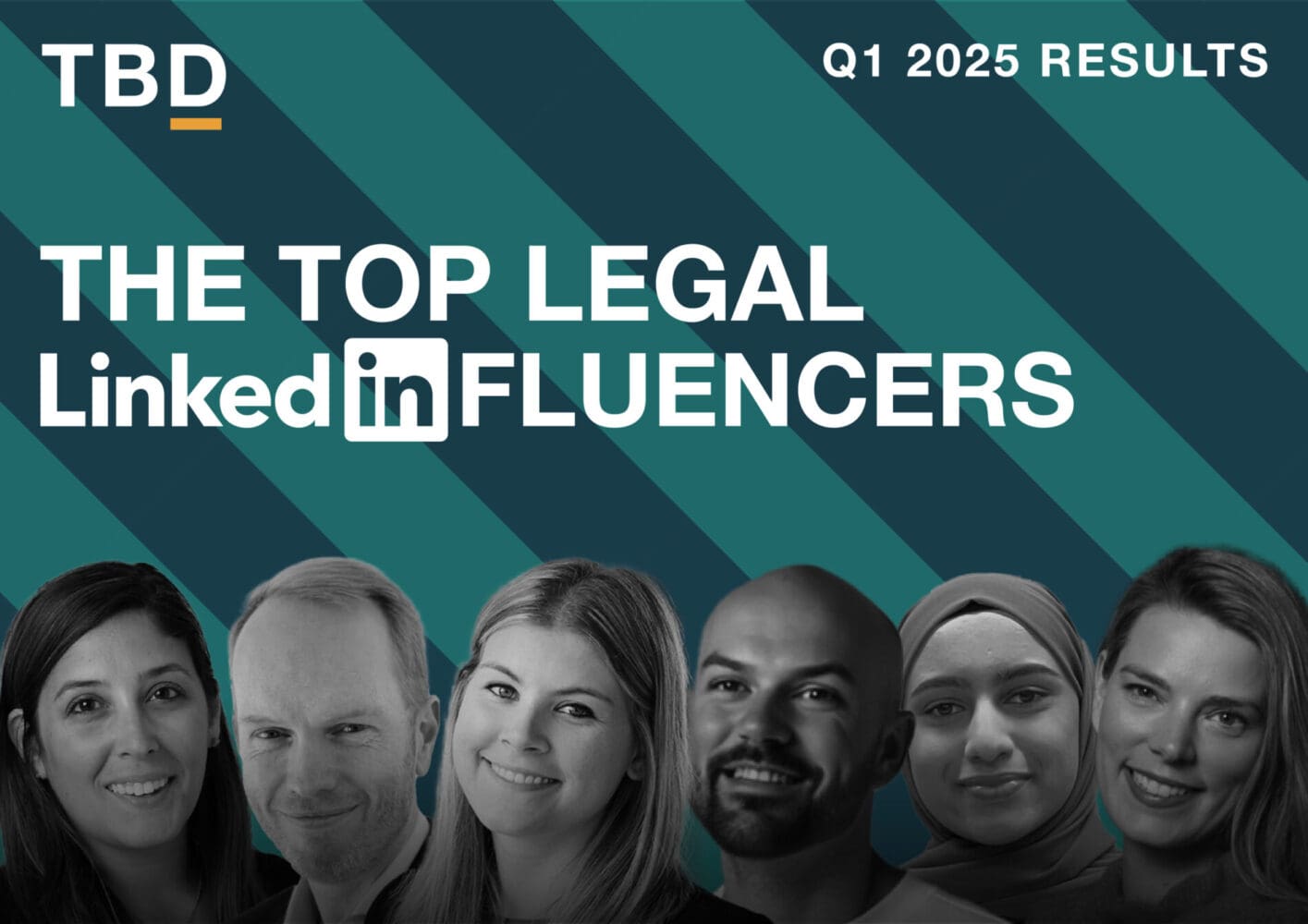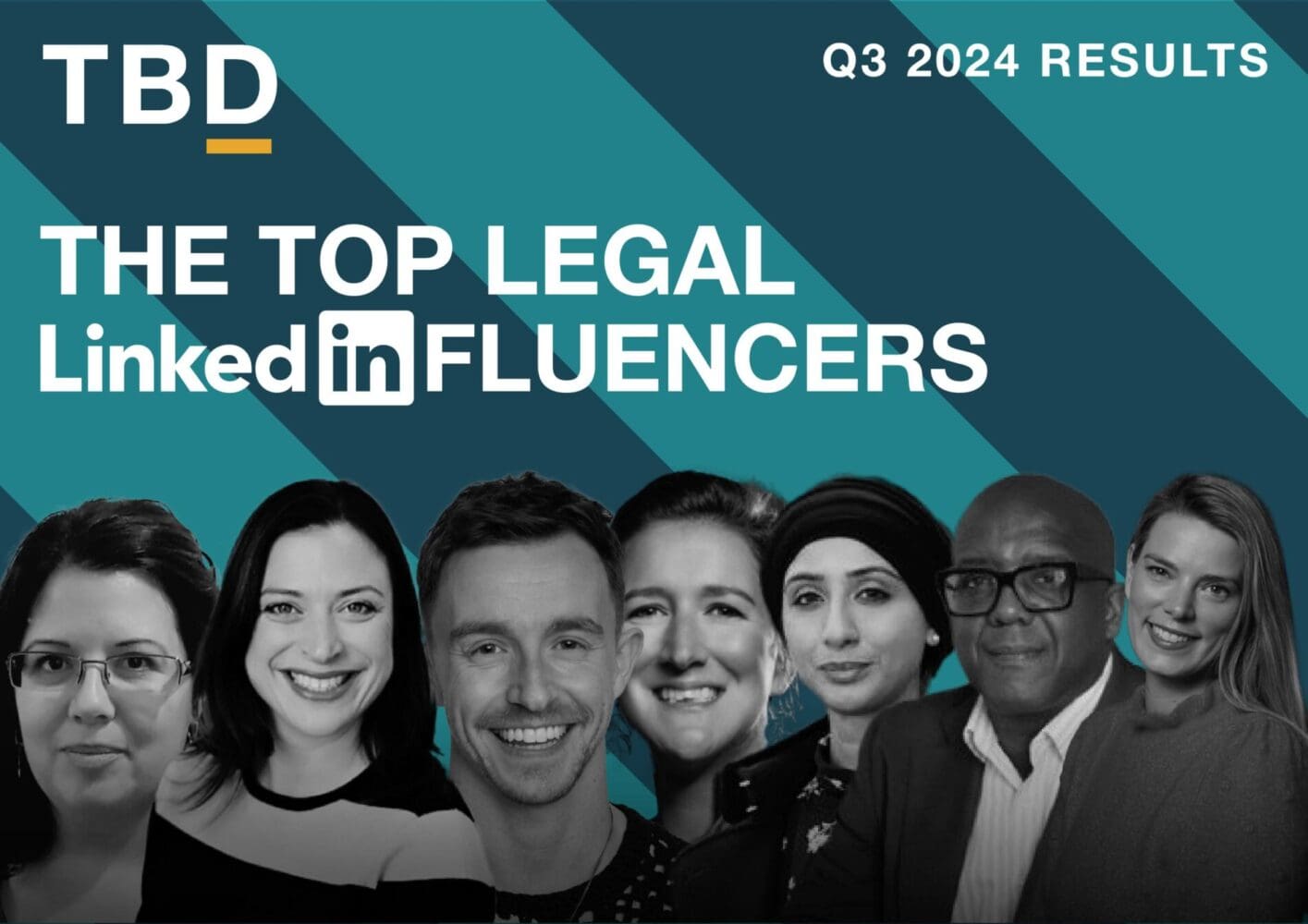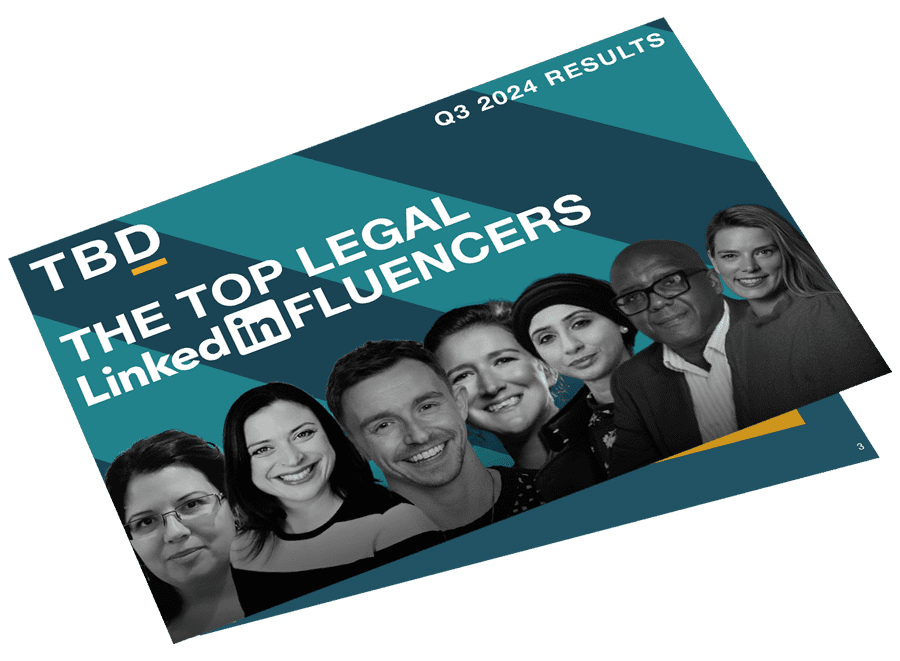What have consultancies done for their clients lately?
Between them, the likes of McKinsey, Deloitte, and EY dominate an industry worth billions, with the Big Three (McKinsey, Bain and Boston Consulting Group) alone raking in an estimated combined revenue of $30 billion a year. And yet the value they deliver in return for the astronomical sums they charge for their services is being called into question.
In fact, consultants have been getting some pretty negative publicity of late, with books such as Walt Bagdonich’s When McKinsey Comes to Town and Mariana Mazzucato’s The Big Con – both published in the last six months – providing an at-times excoriating expose of the industry and its practices.
For her article published in The Lawyer this week, journalist Lucie Cruz spoke to several GCs to get the inside scoop on the issues that arise when working with consultants, and what the alternatives might be.
The problem
According to the GCs interviewed by Cruz, the main issue that legal teams often encounter when working with consultancies is a lack of expertise. Many people working in technical roles – and lawyers in particular – have their own niche that they don’t like to move outside of, and thus outsource work with the expectation that they will thereby gain a broad skill set that complements their own expertise. However, what they often get instead is someone who doesn’t actually understand their business well enough to advise competently on their specific sector.
Often, according to the article, the consultants brought in are young people fresh out of university, who use a technical model of management that they have learned by rote but who are unworldly and have no in-the-trenches experience within the sector they have been hired to advise on.
Many GCs are in agreement that their organisations ended up paying a lot of money to consultants, only to receive advice that was patchy and less specialist than they had a right to expect, given the vast sums involved.
The alternative
One alternative to outsourcing to the big consultancies is to set up and upskill internal teams. There are huge benefits to be gained from tackling such projects in-house: yes, it can feel like a grind in the short-term, but the skills, knowledge and experience gained within the team cannot be underestimated and will pay dividends in the long run.
Of course, there are situations when managing change projects in-house is simply not feasible. This is why more and more buyers in in-house legal teams are opting to solicit the services of more boutique or specialist firms that have the necessary sector expertise.
So why do people still use the big consultancies?
One major reason that the Big Three and their ilk are brought in is for the gold-stamp effect they create – when trying to get an idea or strategy past the board, having the approval of one of the big consultancies can be the thing that clinches it.
However, this still requires in-house teams to do their own due diligence, rather than expecting the consultant to have given them some magic bullet that knocks down any and all hurdles in the way.
The problem is, of course, that when you pay vast sums of money for the services of McKinsey et al, you almost do expect there to be a magic bullet – how else could one ever justify the expense? And justify it the consultancies must, or at least reduce their fees and work harder to deliver value. Otherwise, Cruz suggests, some of them might find themselves going the way of the dodo before too long.
The Buck(land) stops here
Speaking of consultants: Sir Robert Buckland KC, the former justice secretary and Lord Chancellor sacked by then-prime minister Boris Johnson in the September 2021 cabinet reshuffle, has landed a plum part-time consultancy role with Payne Hicks Beach, a firm specialising in private clients and HNW individuals. He joins Tory Peer, Fiona Shackleton, at the firm (noted for her fearsome reputation and famous for, among other things, Heather McCartney having thrown a glass of water over her during Paul McCartney’s divorce negotiations).
In a statement on his appointment, Buckland said: “I am thrilled to be able to return in part to the work of a lawyer. Alongside my central work as a serving MP to my constituents in South Swindon, this consultancy role at such a reputable firm such as Payne Hicks Beach allows me to balance my life between the work I am honoured to do in public office and the career I trained in as a barrister.”
Paynes Hicks Beach will be pleased to hire this politically experienced and very prominent Tory MP, helping the firm to burnish its credentials as a discreet and conservative practice. As Dominic Crossley, head of dispute resolution at Payne Hicks Beach, puts it, “His commitment to the law has been evident throughout his political career and his unique insight and experience will be of significant value to the firm and its clients”.
However, Buckland’s commitment to the law has been questioned in other quarters during his political career. He came in for criticism during his tenure as Lord Chancellor and justice secretary when he appeared willing to green-light the Government’s plan to break international law with its controversial changes to the Brexit Withdrawal Agreement back in 2020. In the opinion of Labour’s then-shadow Attorney General Lord Falconer, “if this is his idea of behaving honourably, then there is absolutely no hope for the rule of law in this Government”.
Indeed, the Brexit issue wasn’t Buckland’s first brush with controversy: his appointment as solicitor general by the Cameron-Clegg coalition government in 2014 was deemed an ‘insult to lawyers’ by Emily Thornberry, the shadow attorney general at the time. She felt he was not a ‘proper person’ to hold this office because Buckland had been found guilty of professional misconduct by the bar in 2011, something he failed to disclose to Cameron before his appointment. Whoopsie!
The keys to a kingdom?
The Kingdom of Saudi Arabia (KSA) has recently amended its Code of Law Practice to require foreign firms – which have previously been acting in KSA through associations – to apply for a licence from the Saudi Ministry of Justice. Clifford Chance, Herbert Smith Freehills and Latham & Watkins have all seized the chance to become the first foreign law firms to be granted the new licence.
According to Law Society guidance, the aim of the new law is to encourage foreign firms to set up shop in KSA so that legal work is performed within the country and that KSA lawyers have more opportunities.
We wish the three pioneering firms a fair wind and good fortune in their endeavours – as many of the KSA-related headlines in recent years show, it’s a path not to be trodden by the faint-hearted and is likely to earn them much closer scrutiny in terms of their ESG, given KSA’s ‘questionable’ human-rights record.
A difference of opinion
In the week that marked International Women’s Day, we saw a public spat between Dr Louise Ashley – an associate professor at Queen Mary University London and a prominent equity, diversity and inclusion adviser – and Colin Passmore, the chair of the City of London Law Society, over Ashley’s accusation that City law firms’ diversity and inclusion programmes are essentially a form of ‘reputation-laundering’.
In an article for The Conversation website last month, Ashley wrote: ‘I believe that City firms’ efforts to become more diverse and inclusive, and to deliver more equal representation at the top, have not worked because they were never meant to. Instead, they are a form of “reputation laundering”, offering only the illusion of change in order to protect [existing] privileges and rewards.’
CLLC chair Colin Passmore issued a sharp rebuke to Ashley via his LinkedIn page, saying that he was ‘surprised and more than a little disappointed’ by her comments. He urged her to ‘reflect on her conclusions and perhaps celebrate the fact that some significant and genuine initiatives are well under way’.
Passmore continued: ‘If I look at the experiences of my own firm [Simmons & Simmons] – and I know we are not alone in this as I look across the CLLS membership – we have seen good improvement in gender diversity at partnership level over the past six years. While the changes here and across all forms of diversity never happen fast enough, this is not because these efforts are not meant to work. To the contrary, senior management teams have been the catalysts for ensuring diversity programmes receive due recognition.’
Murphy’s Law for Norton Rose Fulbright?
Allen & Overy’s CMO Lucy Murphy has departed the firm for pastures new after less than two years in the role. And this has had a direct impact on rival firm Norton Rose Fulbright. Why? Because their own CMO, Michael Michaelides, has promptly flown the nest to fill Murphy’s shoes over at A&O, the firm where Michaelides previously spent much of his career.
Gareth Price, global managing partner at A&O, will certainly be very pleased to have found such a capable replacement for Murphy – in a statement regarding this latest hire, he said, “We are delighted to welcome Michael back to Allen & Overy. He brings a wealth of industry expertise and insight to our firm, and will play a key role in strengthening our market position, enhancing our client experience, and supporting our strategic ambitions.”
Now NRF urgently needs to find a new CMO to relieve Gareth Owens, the firm’s director of business development, who has stepped up to fill the role on an interim basis. The firm also needs to show some much-needed clarity on its positioning.
Jobs of the week
- Legal Counsel, Blackfinch Group – The Gloucestershire-based Blackfinch Group is seeking a Legal Counsel for its nine-person in-house legal team, which supports all teams across the entire Blackfinch Group. Full-time role. For the full job specification, please see here.
- Rights Coordinator, BBC Studios – BBC Studios, a commercial subsidiary of the BBC, is seeking a Rights Coordinator to support BBC Studios Distribution in acquiring, creating and distributing Intellectual Property to maximise audience value and commercial return in a digital, global and commercial environment. Full-time, hybrid role. To see the full job description, please see here.
I hope you’ve enjoyed reading this week’s edition.
Thanks,
Si Marshall
simon.marshall@tbdmarketing.co.uk
Legal marketing expert – I inspire lawyers to maximise the positive impact they have on the world







